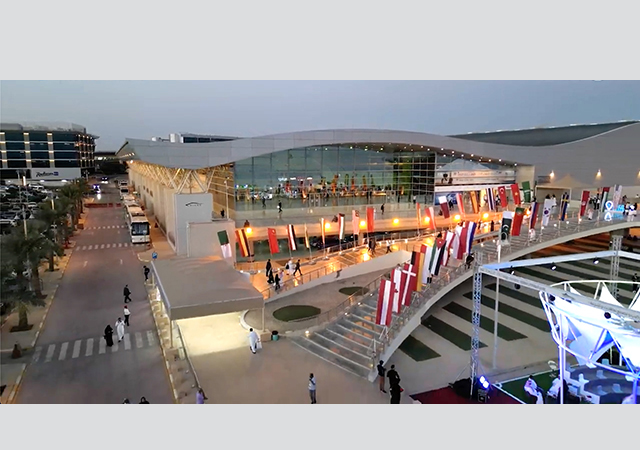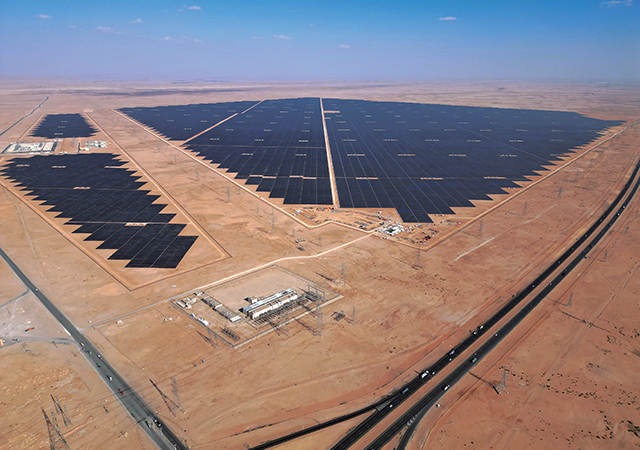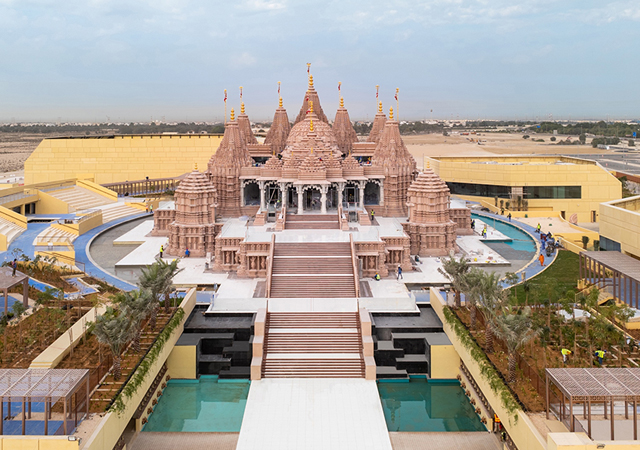
 The region’s first traditional Hindu stone temple ... completed by Shapoorji Pallonji.
The region’s first traditional Hindu stone temple ... completed by Shapoorji Pallonji.
Indian construction firms have made significant inroads into the Middle East, contributing to the region’s burgeoning infrastructure. Known for their cost-effective solutions and skilled workforce, these companies have secured numerous high-profile projects – ranging from skyscrapers, housing compounds and roads and bridges to metros, power plants and even the latest green hydrogen plants.
Two of the companies that are most active in the region rank among India’s most reputable in the construction and engineering sphere: Larsen & Toubro (L&T) and Shapoorji Pallonji.
One of India’s largest conglomerates, L&T has been making steady inroads into the regional market winning multi-billion-dollar contracts particularly in the infrastructure, power and water, and hydrocarbons sector. Among its most recent successes are two contracts secured last month from Saudi Aramco, worth a combined $3.9 billion, for the Jafurah unconventional gas development expansion project. L&T is also engaged in Neom, Saudi Arabia’s futuristic city on the northwestern coast, where notably it is involved in the development of agreen hydrogen plant (see Pages 26-27).
The other Indian industry stalwart, Shapoorji Pallonji has a legacy of constructing iconic buildings. The group has been present in the Middle East for close to 50 years and has delivered numerous landmark projects beginning with the Sultan’s Palace in Muscat, in 1975.
Among the most architecturally striking projects it has completed recently in the region is the first traditional Hindu stone temple in the Middle East, located in Abu Dhabi, UAE. Inaugurated early this year, this significant cultural and architectural landmark, which integrates modern technology with ancient Indian architecture styles, underscores the company’s engineering expertise and its commitment to blending cultural heritage with modern construction practices.
The temple complex spans 27 acres and includes seven ancillary buildings designed to accommodate over 15,000 visitors daily. The main temple is constructed on a raft foundation, which utilised the UAE’s largest single pour of unreinforced fly-ash concrete, with bamboo sticks and fibreglass used instead of traditional iron and steel reinforcements. The structure incorporates 40,000 cu m of marble from Italy and 180,000 cu m of pink sandstone from Rajasthan.
Elsewhere in the Gulf, Shapoorji Pallonji has recently completed the construction of Marassi Galleria Mall and Vida Hotel and Serviced Apartments in Bahrain in a joint venture with Cebarco Bahrain.
In Saudi Arabia, it has recently secured a design-and-build contract from Roshn, the leading national real estate developer powered by the kingdom’s Public Investment Fund (PIF), for the development of 429 single-family residential units within Phase Two of Roshn’s flagship project – Sedra.
Apart from building construction, Shapoorji Pallonji has entered into the realm of luxury interiors in the region, where it is involved in the fit-out works of the Da Vinci Tower in Dubai’s Business Bay. The tower, designed by Pagani, features 80 luxurious apartments with views of the Dubai Canal and skyline.
Meanwhile, group company Afcons was the first Indian organisation to execute an infrastructure project in Kuwait when it completed the South Surra Road project last year. Afcons has also carried out work on Bahrain’s Mina Sulman Interchange.
Among other players, Kalpataru Projects International Limited (KPIL), one of the largest engineering, procurement and construction (EPC) companies listed in India, has recently signed contracts, worth SR3.4 billion ($910 million), for the three packages of the third expansion phase of the Master Gas System Network (MGS‐3) in Saudi Arabia with Aramco. The EPC scope covers laying of over 800 km of lateral gas pipeline. The company had earlier established a presence in the kingdom through a joint venture with the local Bin Omairah Contracting Company.


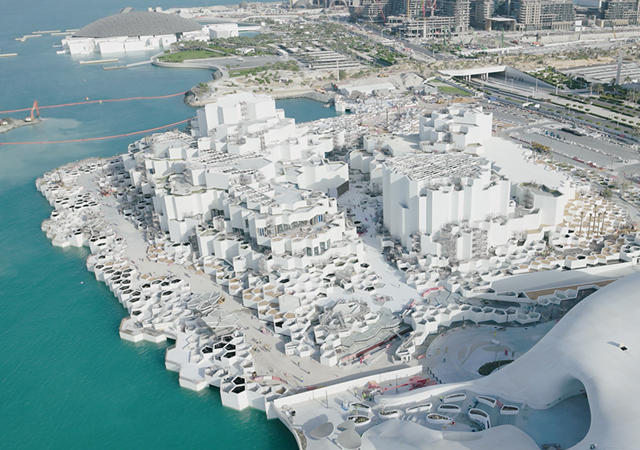
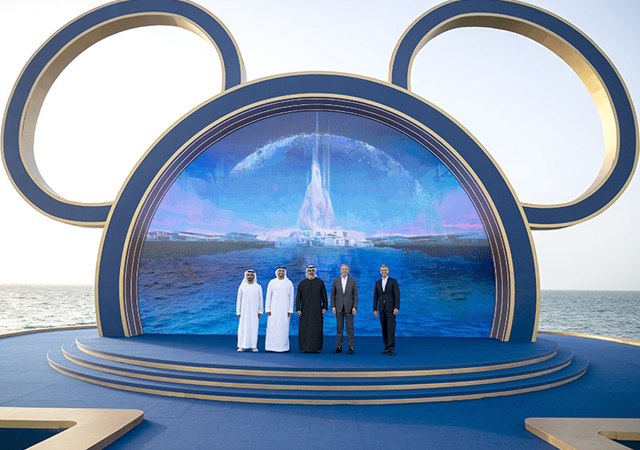
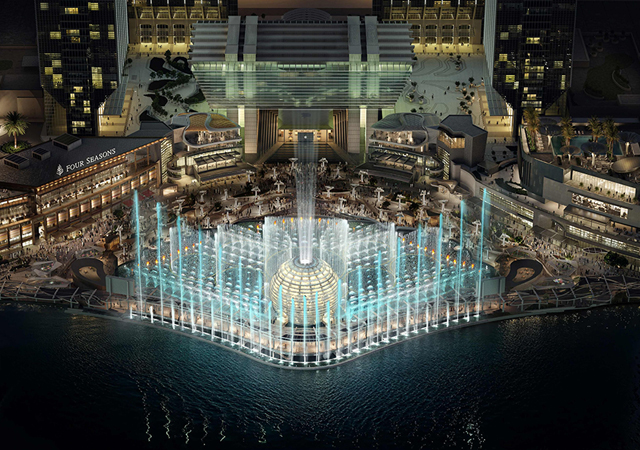
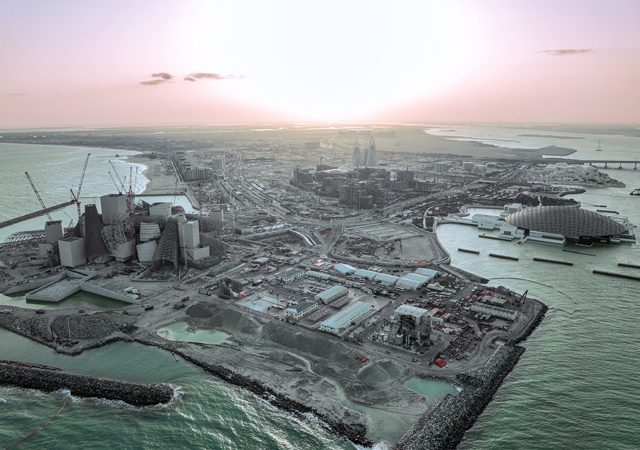
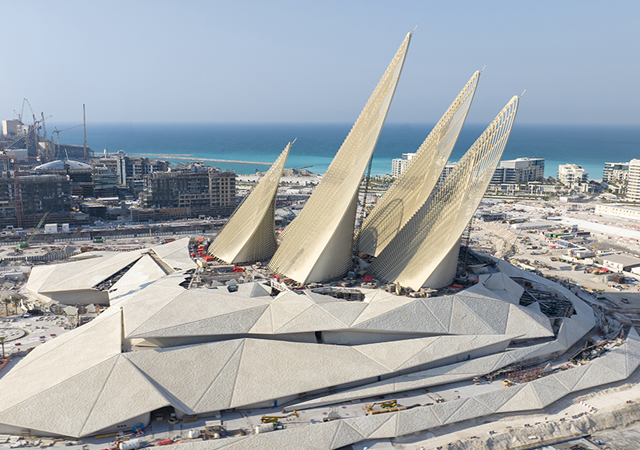
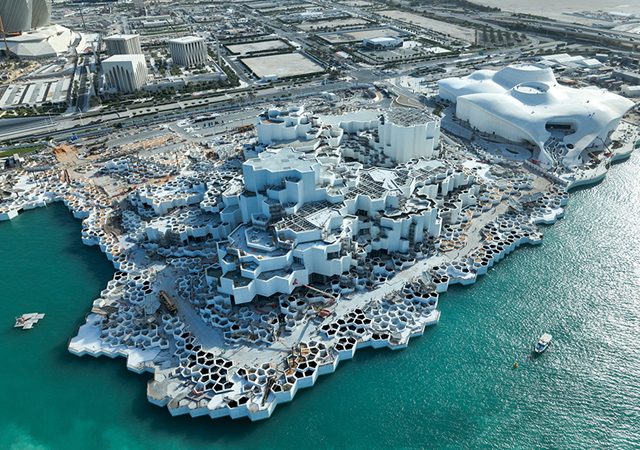
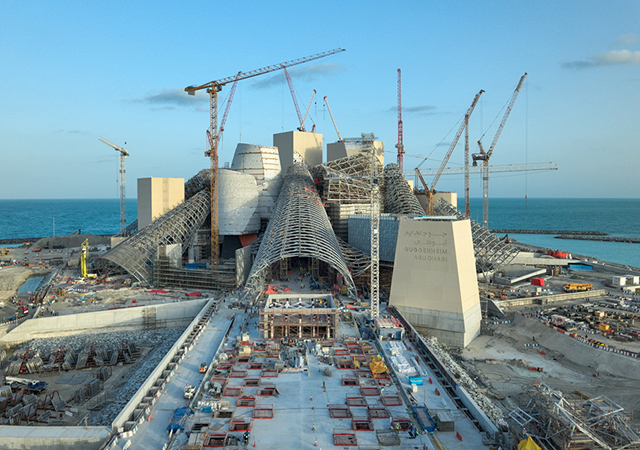
.jpg)
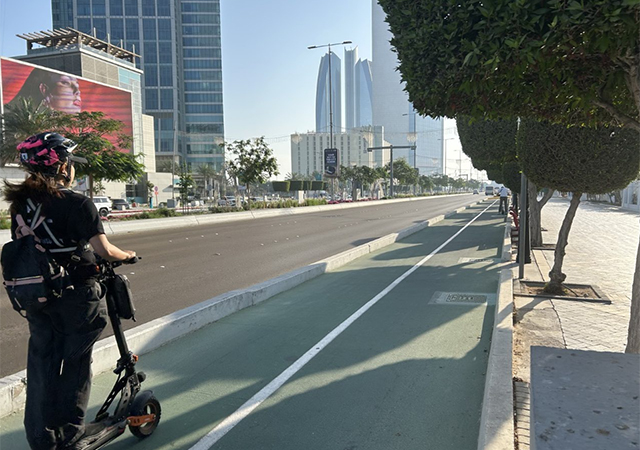
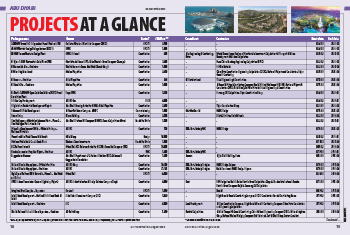


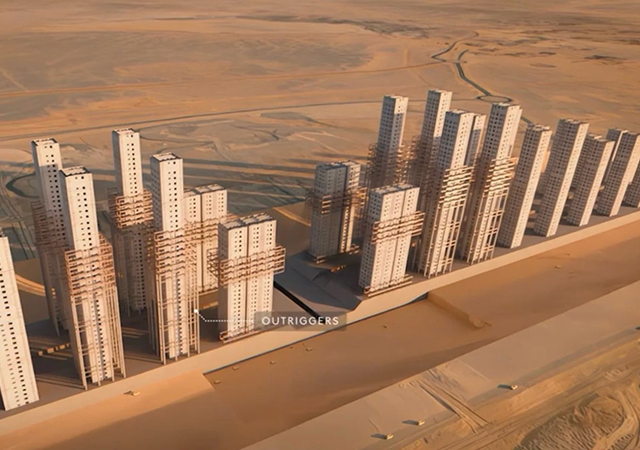
.jpg)
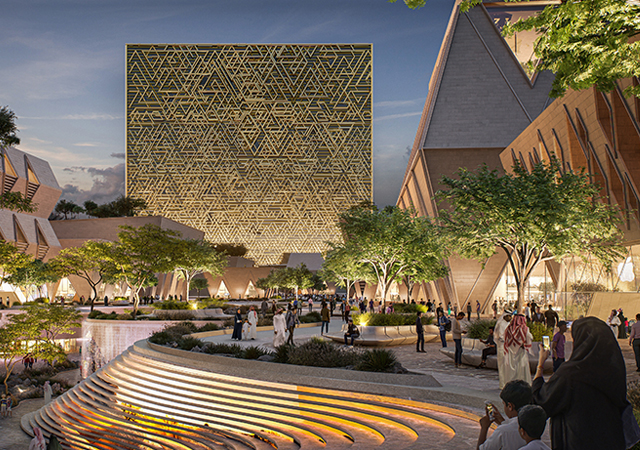
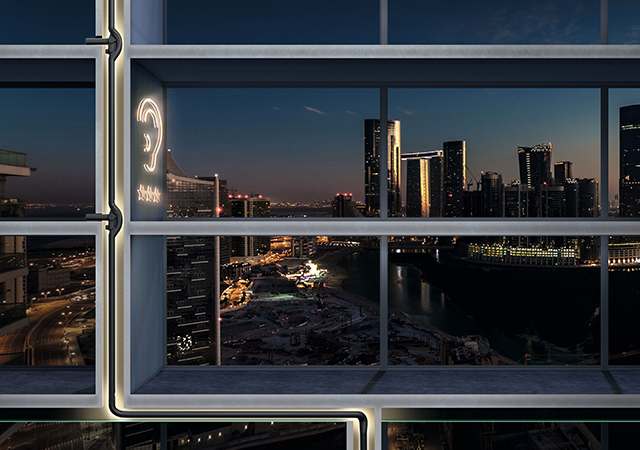
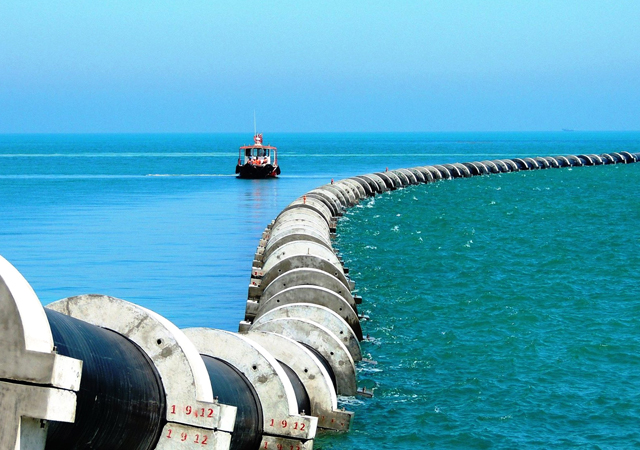
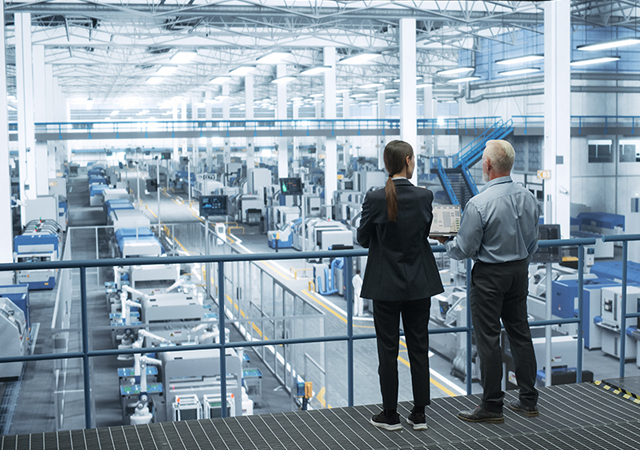

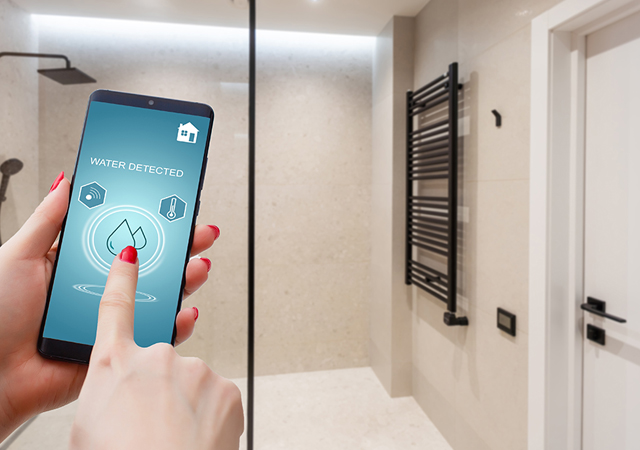
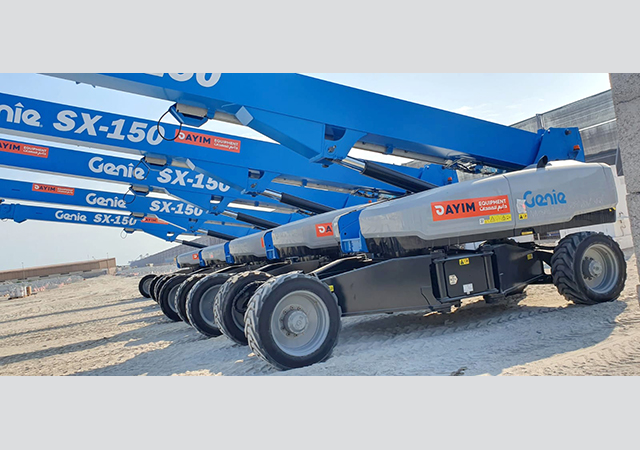
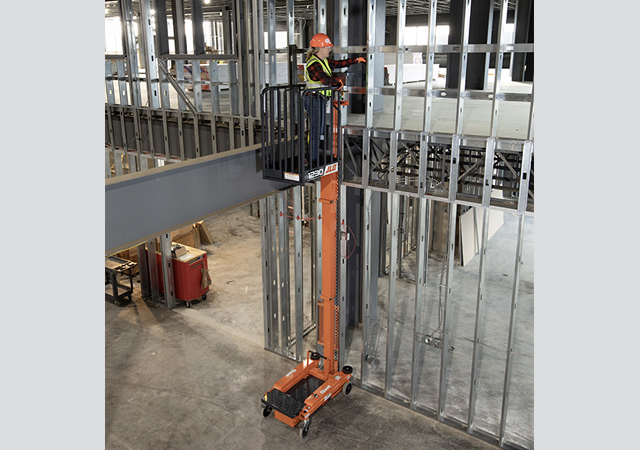
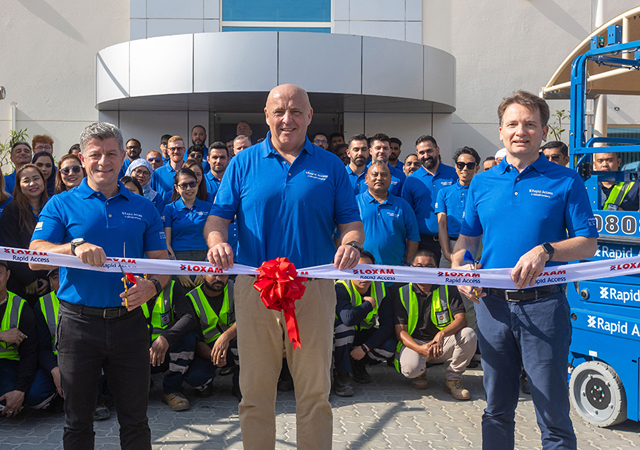
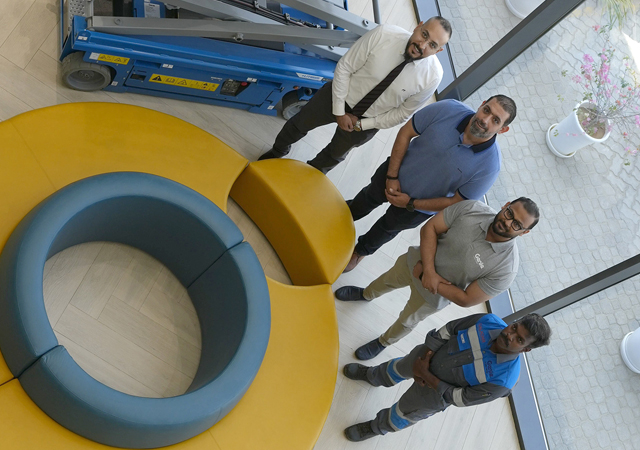
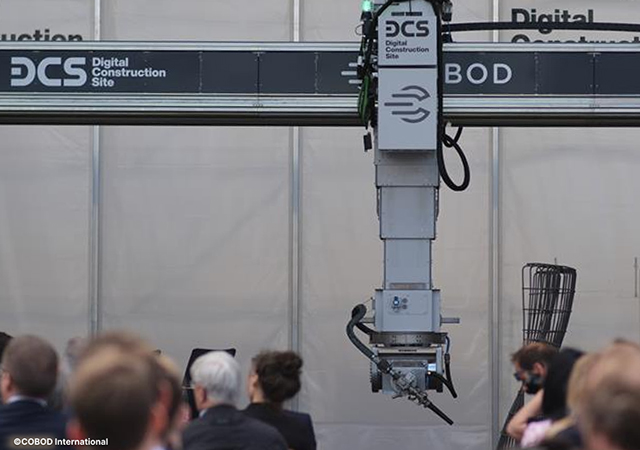
Doka (2).jpg)
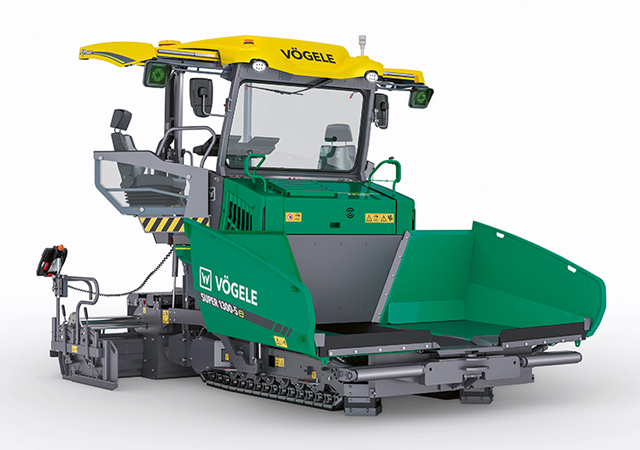
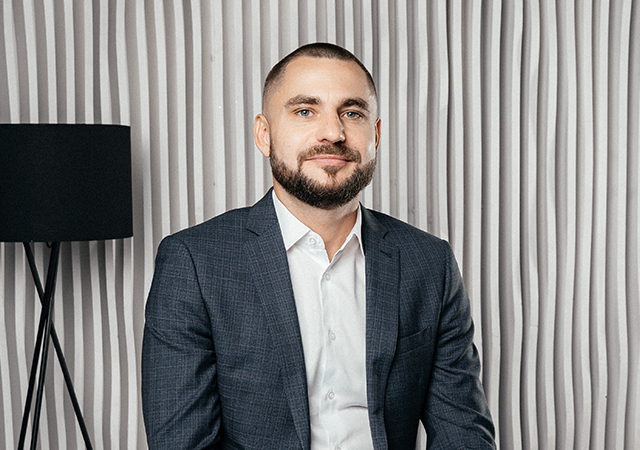

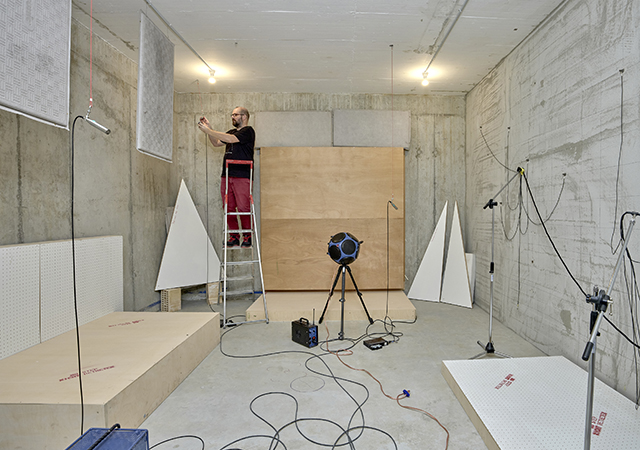
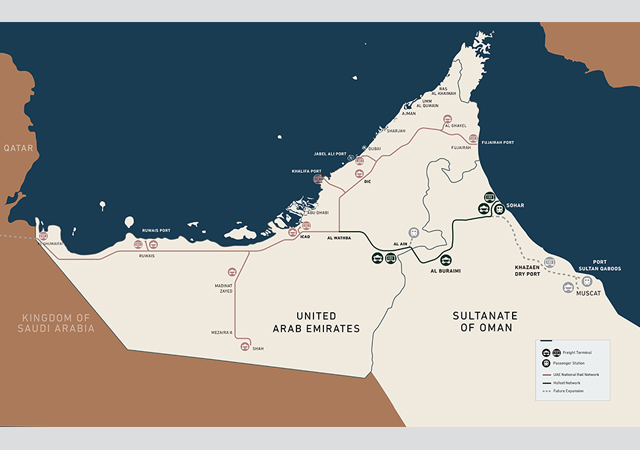

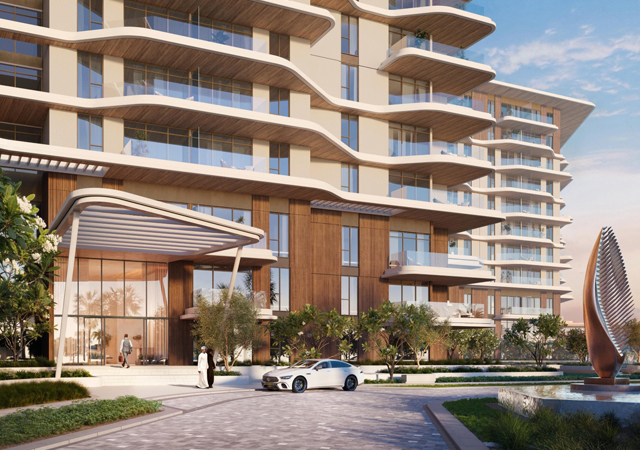

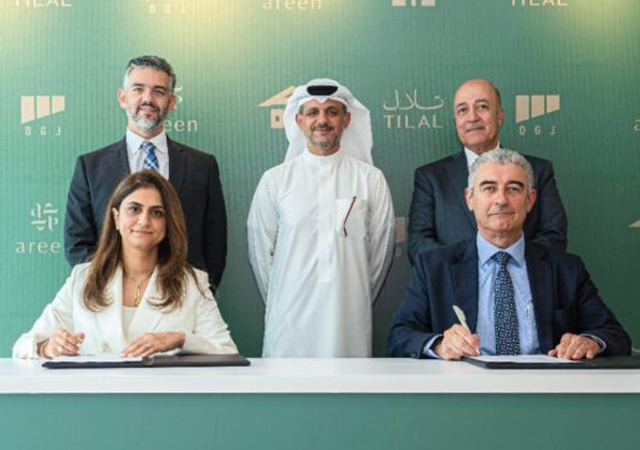
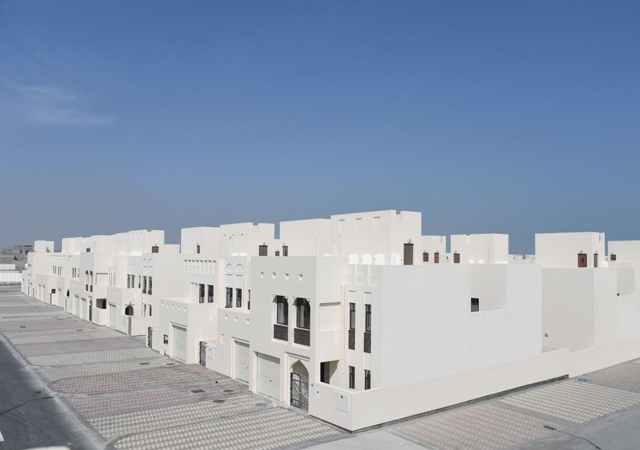
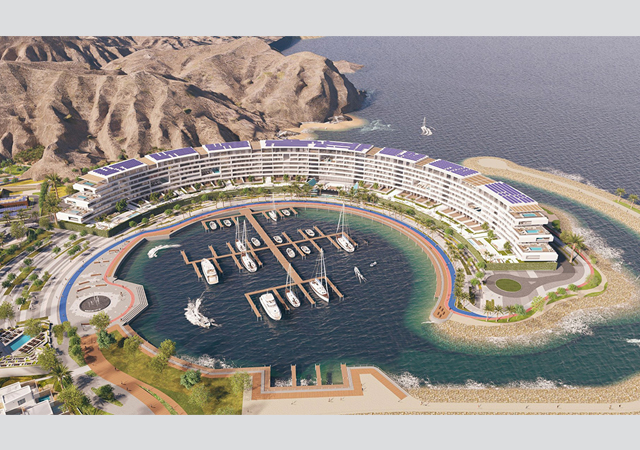
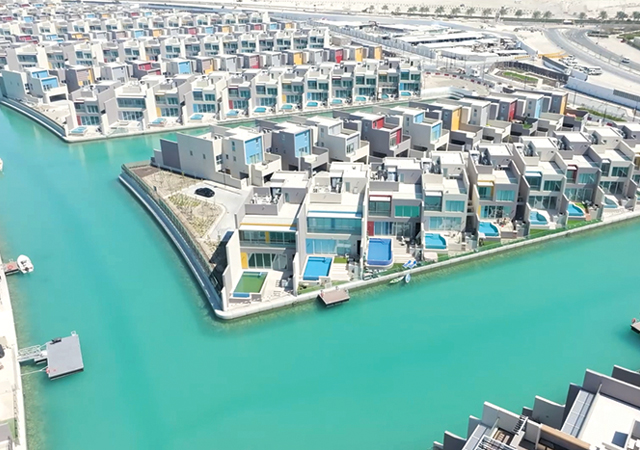
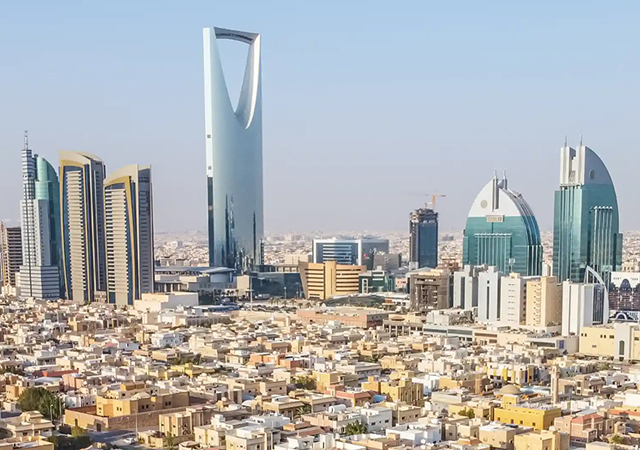
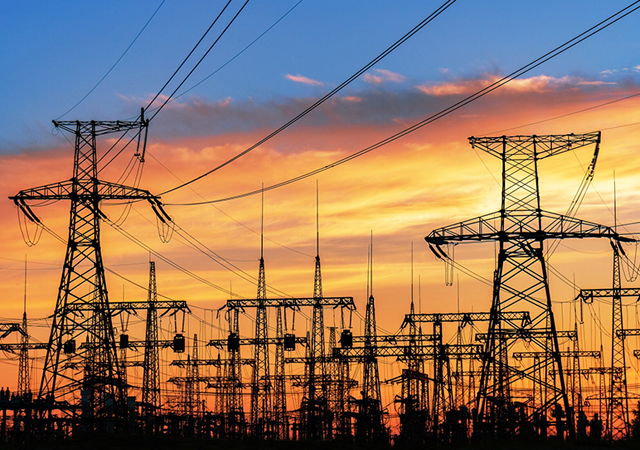
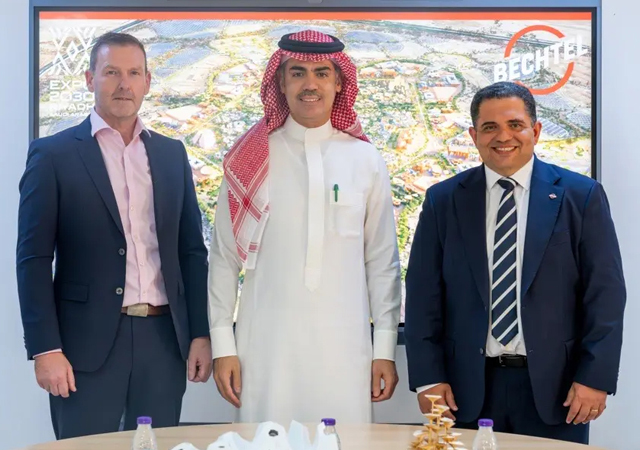
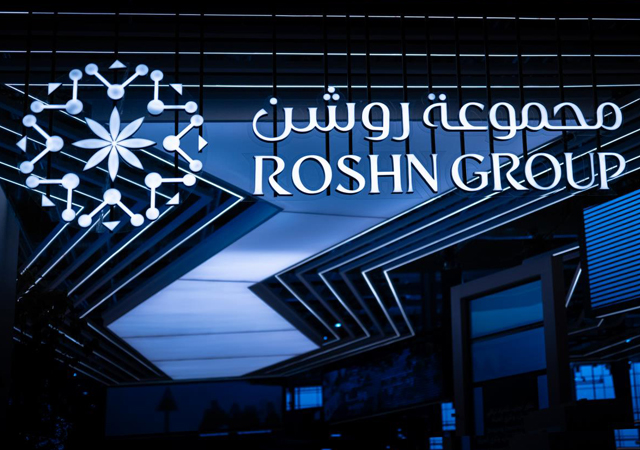
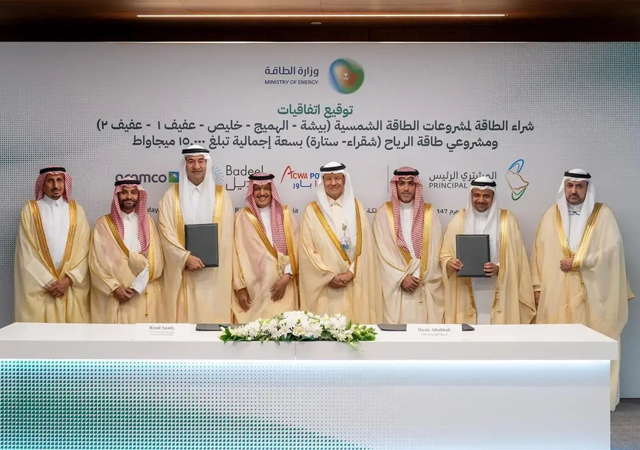
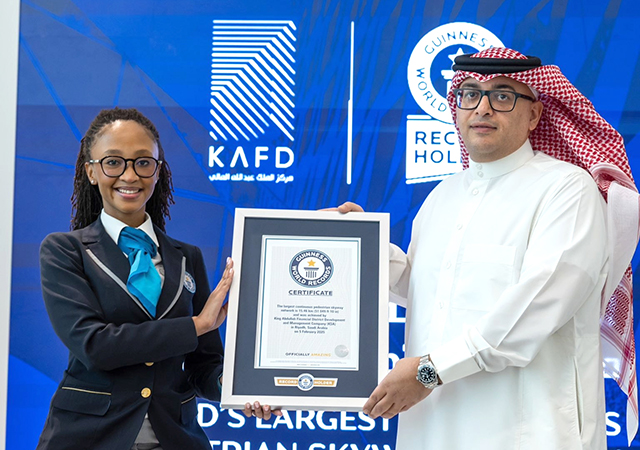
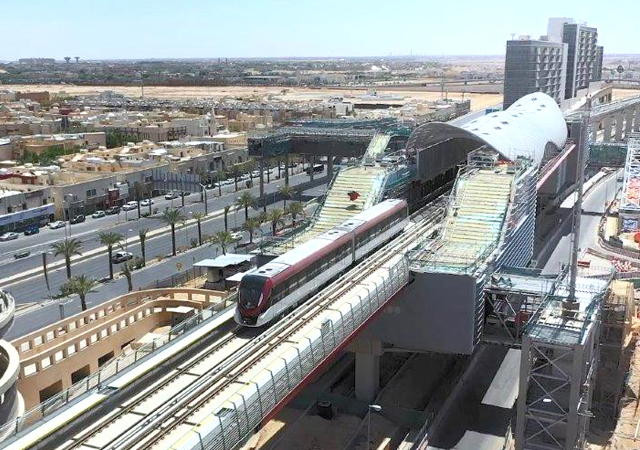
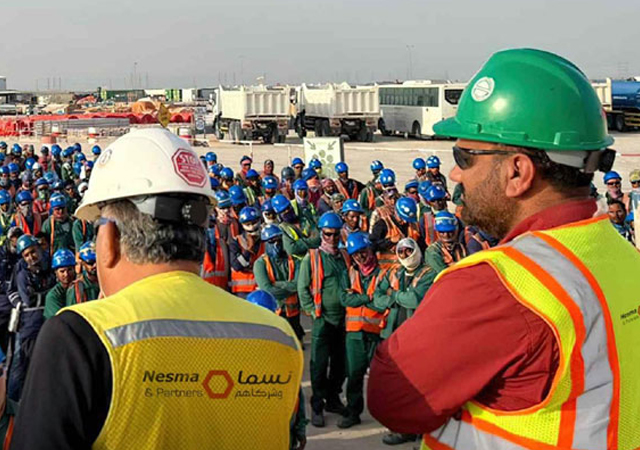
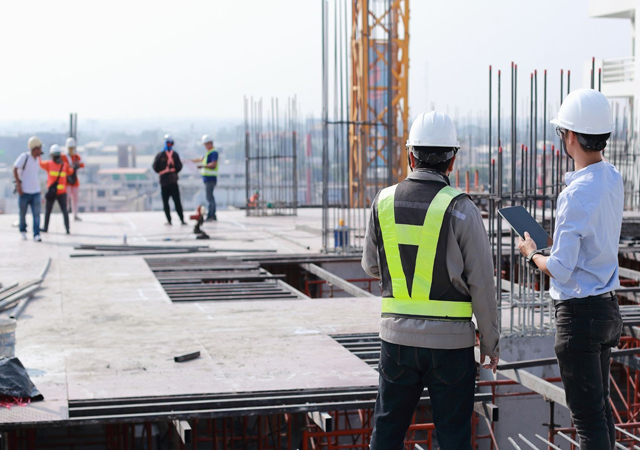
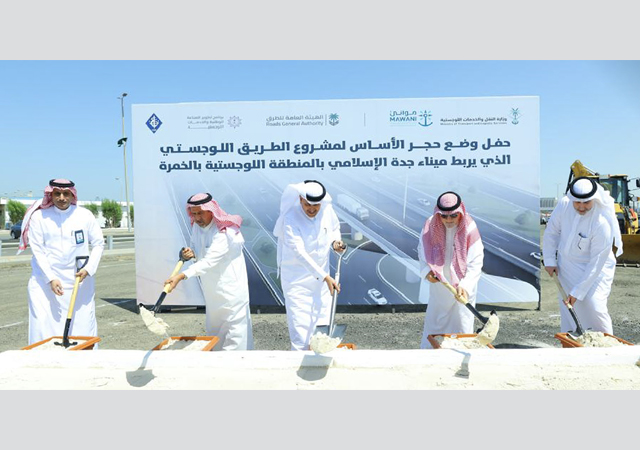
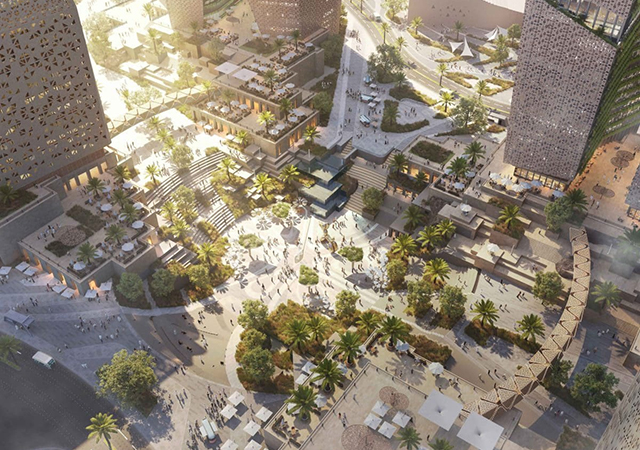

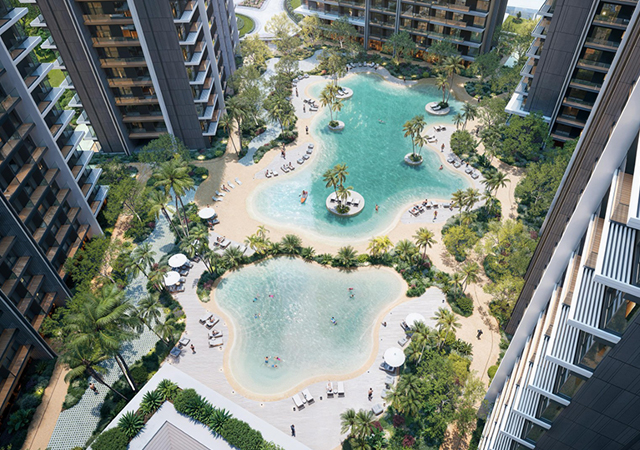
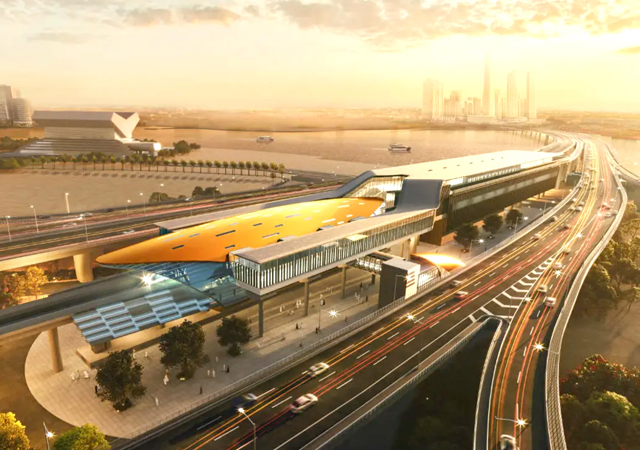
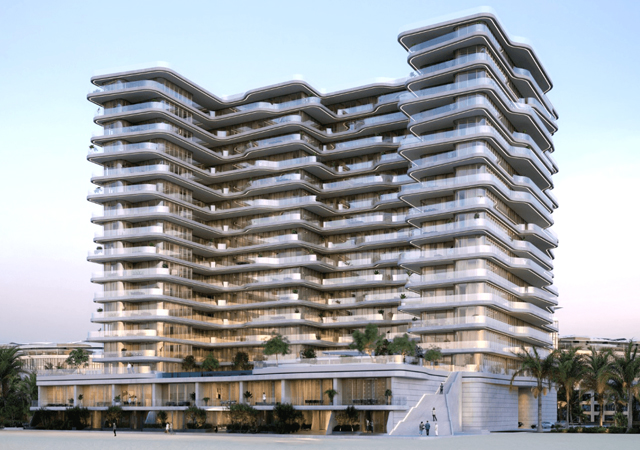
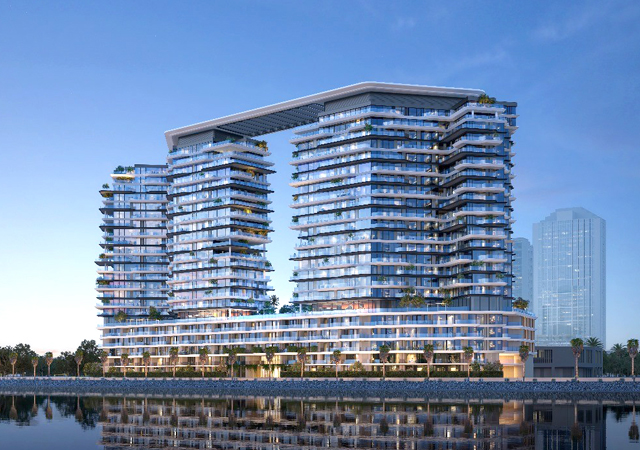
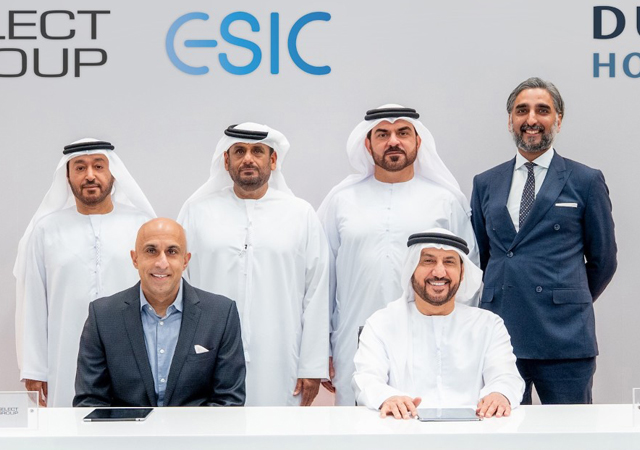
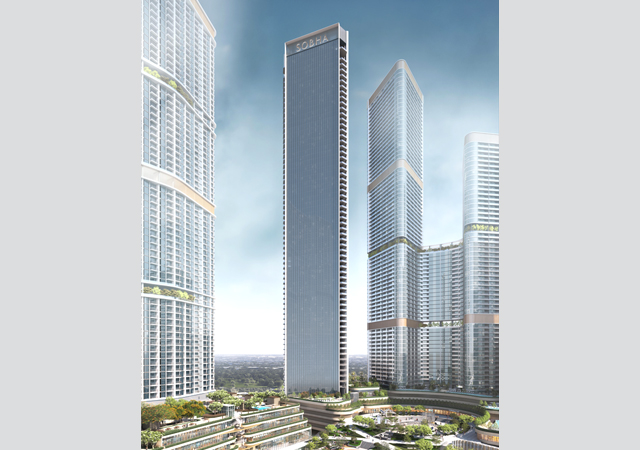
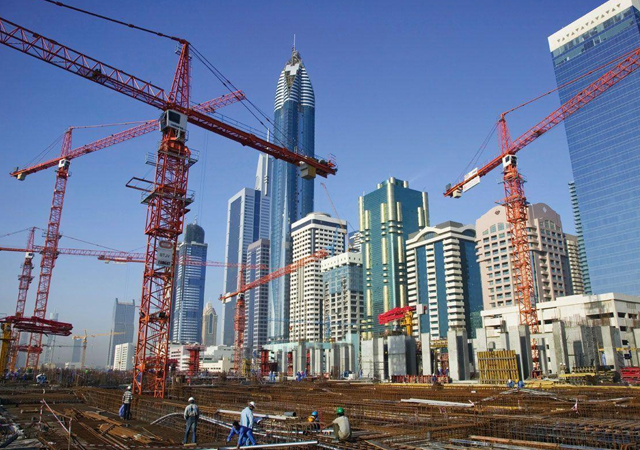
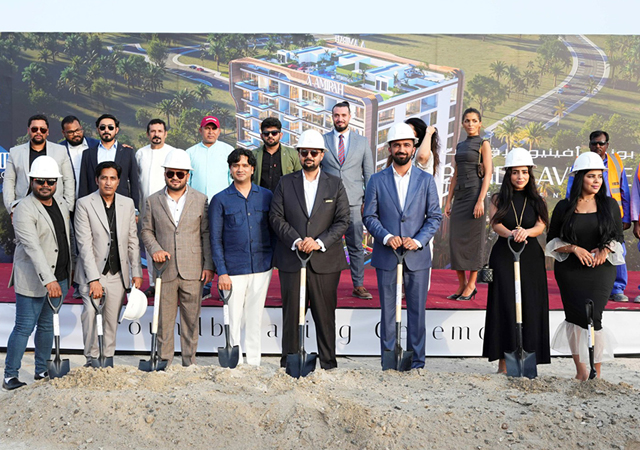
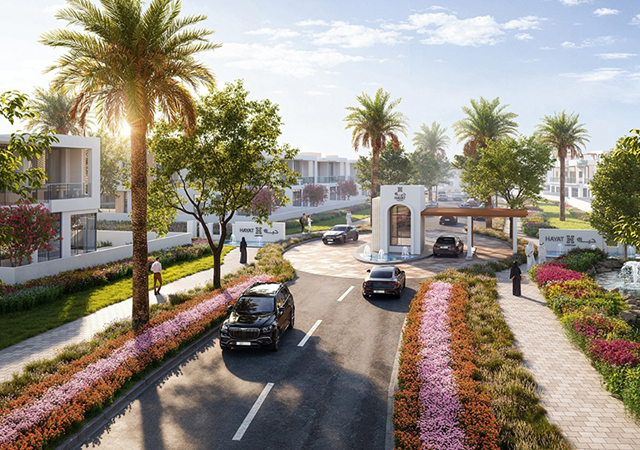
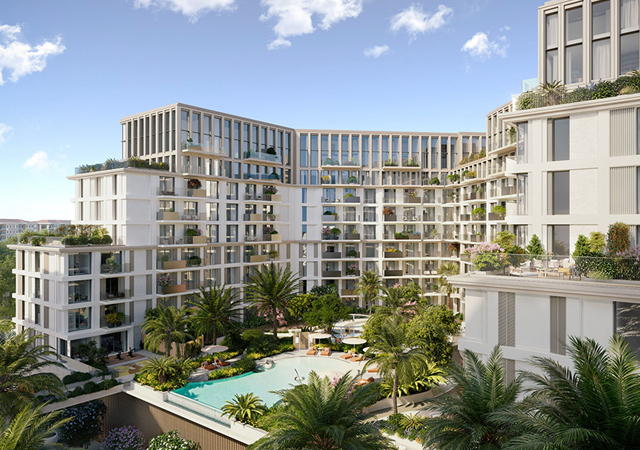
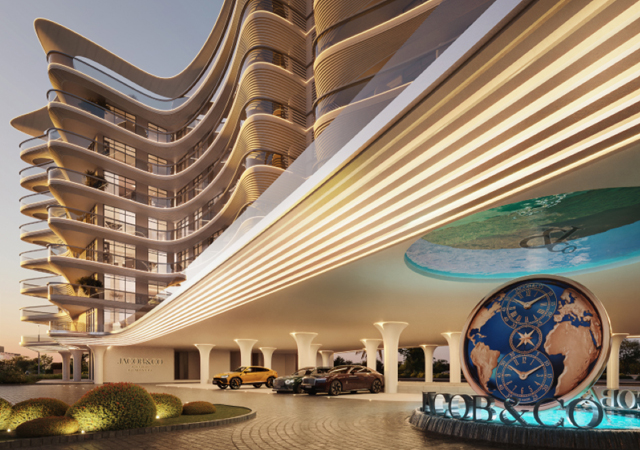
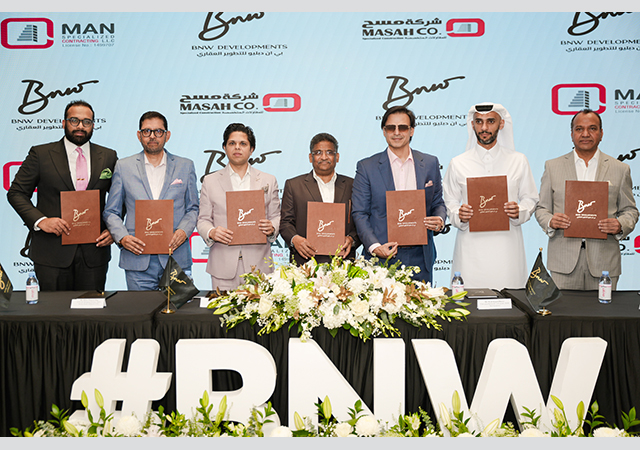
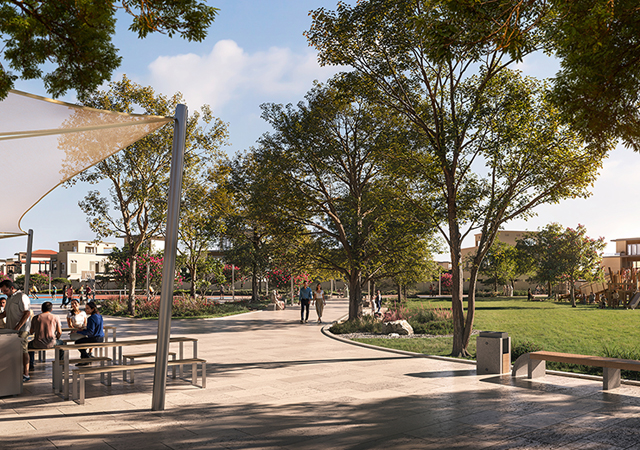
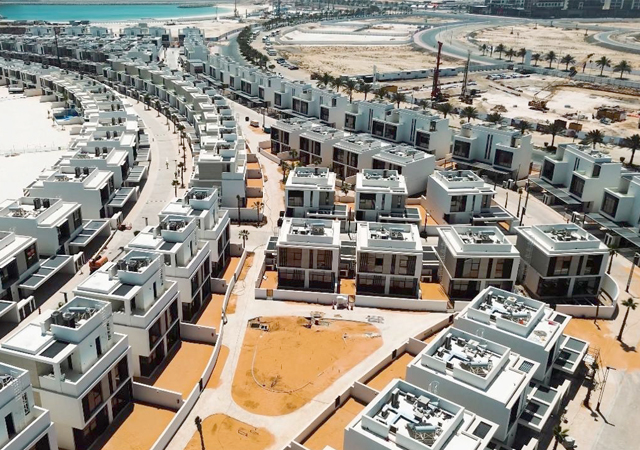
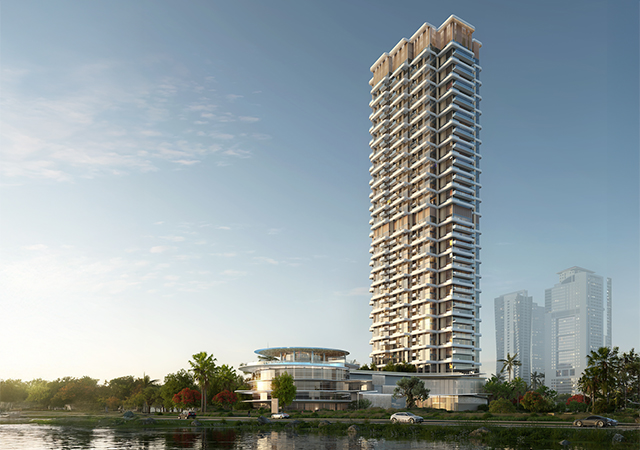
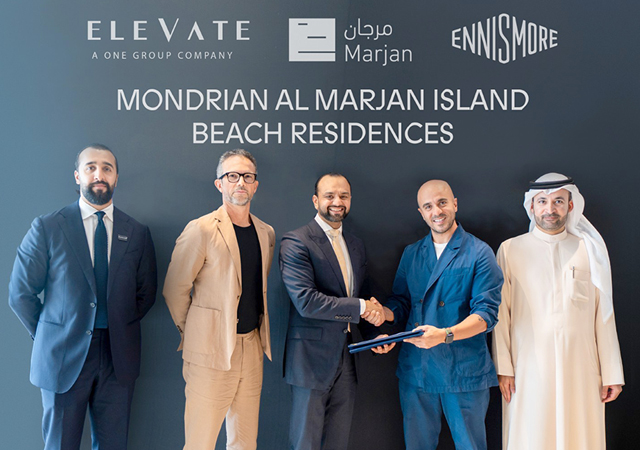
.jpg)
.jpg)
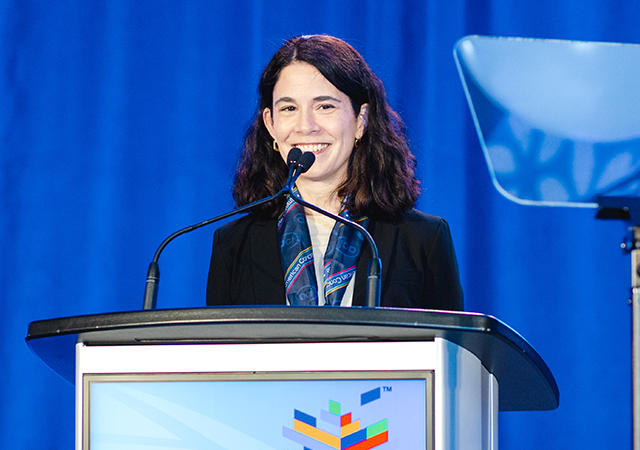
.jpg)
